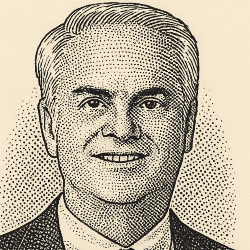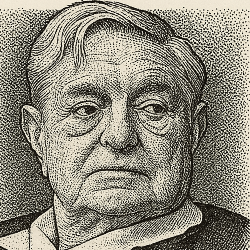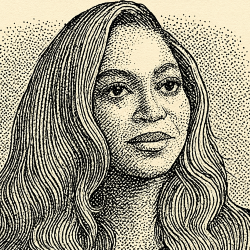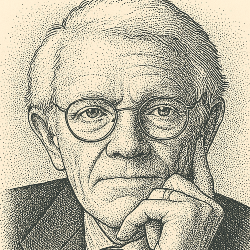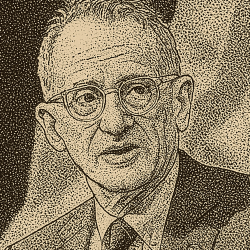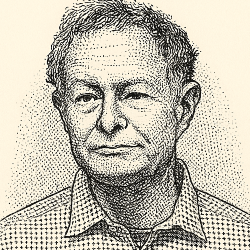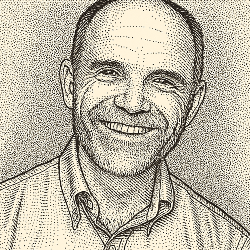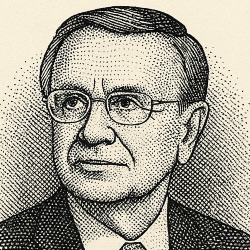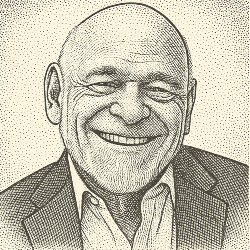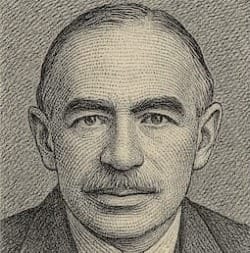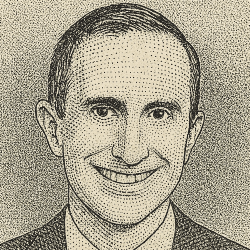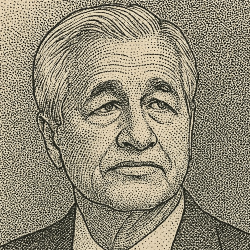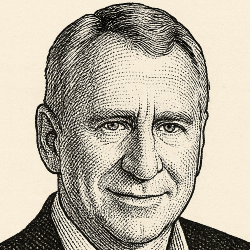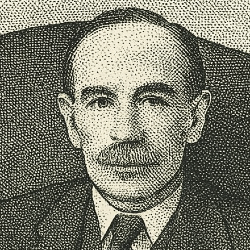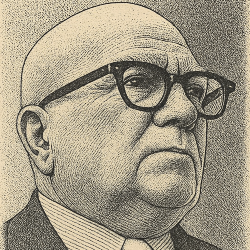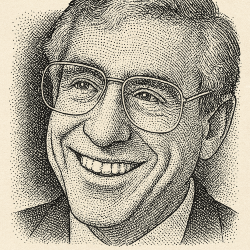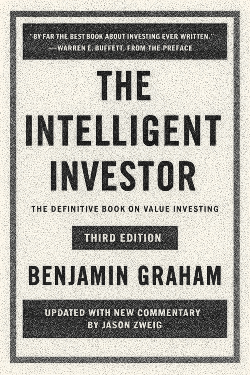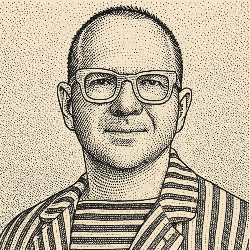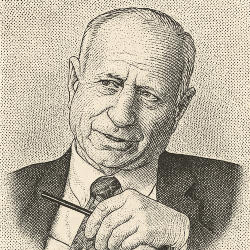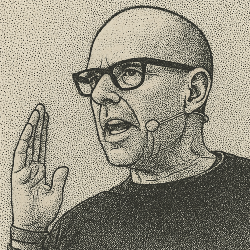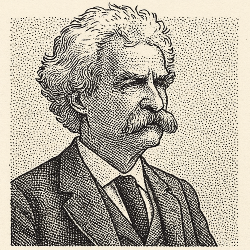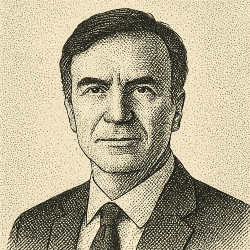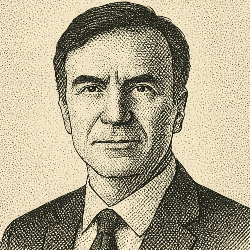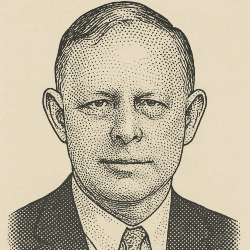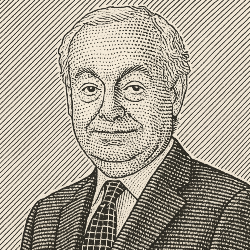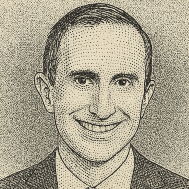
The average person saves more than 10% of their income for retirement. Too bad they seldom know how to invest that money safely and profitably. But if you've made financial mistakes, says today's Oracle, don't feel bad.
After all, investing is new to all of us.
A point that helps explain why money decisions are so difficult is to recognize how new this topic is. Take retirement. The entire concept of being entitled to retirement is, at most, two generations old.
Before World War II, most Americans worked until they died. It was not until the 1980s that the idea that everyone deserves, and should have, a dignified retirement took hold. And the way to get that dignified retirement ever since has been an expectation that everyone will save and invest their own money.
— Morgan Housel
Housel points out that the backbone savings vehicle of American retirement, the 401(k), was only created in 1978. The Roth IRA came even later, in 1998.
It should surprise no one, he adds, that so many of us are bad at saving and investing for retirement.
"We're not crazy," he writes. "We're all just newbies."
Read more in Housel's excellent book, with over four million copies sold, The Psychology of Money.
✦ Watch for tomorrow’s newsletter in your inbox.
Disclaimer: This newsletter is for informational purposes only and does not constitute financial advice. Please consult a qualified financial advisor before making any investment decisions. Links on this page may be affiliate links, meaning your purchases help support this newsletter. Quotes may be edited slightly for clarity. Images represent our best effort. Copyright © 2025 mydailyoracle.com. All rights reserved.




